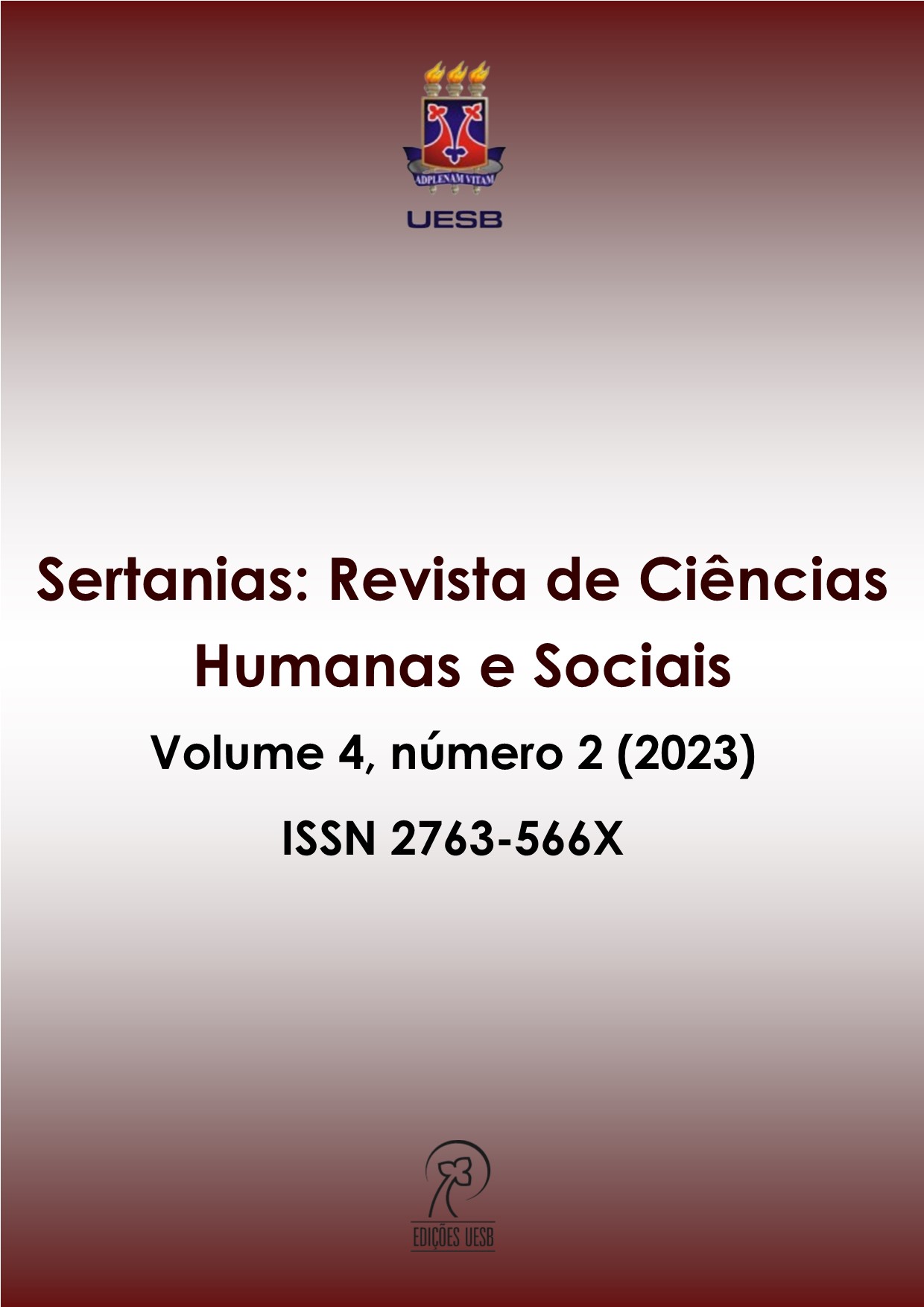Knowing stories, analyzing scenarios: the CAT experience for training field educators
DOI:
https://doi.org/10.22481/sertanias.v4i2.14209Keywords:
CAT, Rural Education, Teacher trainingAbstract
The KAT Project – Know, Analyze and Transform – is a specific methodology for training educators and coordinators of rural schools to study reality and construct public rural education policies. The primary objective of this work is to reflect on the training of rural teachers in the identity territories of the state of Bahia, having as a reference the KAT Project, which constitutes a process of continued training of teachers in the municipal public network, who work in rural schools in the Bahian Semiarid region, with the aim of designing a methodology focused on the reality of the countryside and improving the quality of its actions in the context of rural education. For this understanding, the research problem was how were the identities of rural teachers historically constructed? How can teacher training courses contribute to the critical-emancipatory development process of rural subjects? Thus, this work is justified by the need to understand teacher training as the path to the materialization of Rural Education where a school emerges that differs from that which exists in the reality of rural areas. Its relevance lies in enabling the practice of the project to be a reference as a methodological approach to the experience lived by those who work in the field.
Downloads
References
ARROYO, Miguel. Ofício de mestre: imagens e autoimagens. Petrópolis, 2004.
ARROYO, M. G. Currículo, território em disputa. Petrópolis, RJ. Vozes, 2011.
ALENCAR, M. F. dos S. Educação do campo e a formação de professores: construção de uma política educacional para o campo brasileiro. Ciência & Trópico, Recife, v.34, n. 2, p.207-226, 2010
BRASIL. MEC. CAMARA DE EDUCAÇÃO BÁSICA/CONSELHO NACIONAL DE EDUCAÇÃO. Diretrizes operacionais para a educação básica nas escolas do campo. Resolução CNE/CEB n° 1, de 03 de abril de 2002. Brasília-DF: MEC/ SECAD/CNE.
BRASIL, Lei de Diretrizes e Bases da Educação Nacional. Lei nº 9.3494/96, de 20 de dezembro de 1996.
CARNEIRO. Vera Maria Oliveira. Educação do campo: construindo saberes e transformação social no território do sisal. Dissertação (Mestrado Multidisciplinar em Cultura, Memória e Desenvolvimento Regional), Programa de Pós-Graduação em Cultura, Memória e Desenvolvimento Regional, Universidade do Estado da Bahia, 2012.
FREIRE, Paulo. Pedagogia do Oprimido. 17ª ed. Rio de Janeiro: Paz e Terra, 1987.
FREIRE, Paulo. Educação e Mudança. 2ª ed. Rio de Janeiro: Paz e Terra, 1979.
MOC, Movimeto de Organização Comunitária. Uma educação que valoriza o povo do sertão. Disponível em https://www.moc.org.br/publicacao/experiencias/38/uma-educacao-que-valoriza-o-povo-do-sertao, acesso em 11/05/2021, às 10:51.
SILVA, Nelmira Moreira da et al. Formação de Professores, Educação Contextualizada e Extensão Universitária: A Experiência do Programa CAT. Revista Guará, n. 5, p. 41-53 2016. Disponível em https://periodicos.ufes.br/guara/article/view/14345/10089 Acesso em 11/05/2021, as 15:27.
THIOLLENT, Michel. Metodologia da Pesquisa-Ação. São Paulo: Cortez,1985.
Downloads
Published
How to Cite
Issue
Section
License
Copyright (c) 2023 Sertanias: Revista de Ciências Humanas e Sociais

This work is licensed under a Creative Commons Attribution 4.0 International License.






